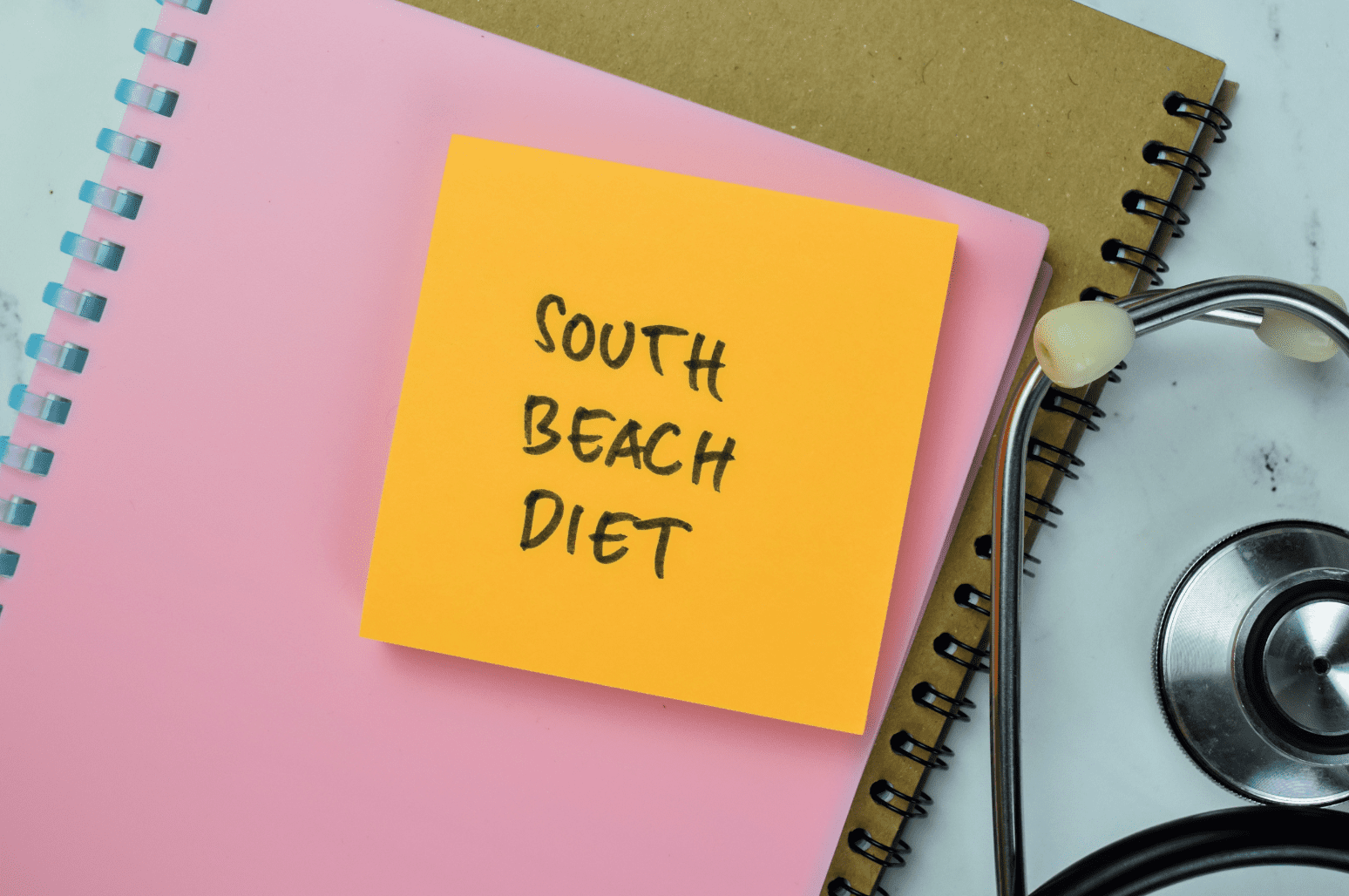
Bloating is an uncomfortable symptom that leads not just to discomfort but to an actual shift in your physical appearance, such as a distended abdomen. While bloating may not seem like a big deal, a bloated stomach can negate all the hard work you are putting into your diet in order to lose weight and get healthier. Some diets lead to more bloat than others, and keto enthusiasts who are new to the lifestyle may wonder what the connection is between keto and bloating.
Does keto cause bloating and how can you improve symptoms so that you look slimmer and have fewer symptoms? Learn more about how keto bloat happens and what you can expect here.
Does Keto Cause Bloating?

Unfortunately, there is no way around it: when your body shifts into ketosis for the first time, you might encounter some bloating. It typically occurs during the first week of your dietary change, along with other symptoms collectively known as the “keto flu.” It may be accompanied by other symptoms such as headache, constipation, and other types of stomach pain. [1] Most people find that the shift in their body and the symptoms that they exhibit are the result of metabolic changes caused by the dietary restrictions of keto. [2]
While the keto diet may cause bloating in the short-term for some people, you can do a lot to minimize the long-term effects of the diet on your abdominal distension. Many of the changes are the result of a drastic change to your diet that affects your gastrointestinal tract. As a result, bloating and most of the other symptoms of keto flu should resolve within four weeks.
By minimizing the shifts that your body must go through, you can effectively shorten the window during which you are most susceptible to bloat.
Minimizing Keto Bloat
There are plenty of ways to speed up the process of adjusting to keto and reduce keto flu symptoms. When bloat tends to linger, here are some methods to get that belly under control and more comfortable.
Add MCT Oil to Your Diet
One research study demonstrated that adding MCT oil to the diet accelerates the use of ketones and minimizes the discomfort of keto flu symptoms. [3]
MCT oil can easily be added to a cup of coffee or tea without making much of a difference in taste. If a cup of java isn’t your go-to in the morning, a splash of MCT oil can also be added to a low-carb smoothie, whipped into a salad dressing, or simply taken straight from the bottle.
Use a couple of teaspoons per day, and you may find that weight loss is dramatically improved compared with use of other oils such as olive. [4]
Cut Back on Sugar Alcohols
Perhaps one of the biggest adjustments that keto dieters must make is the switch from regular sugar to more keto-friendly sweeteners. To this end, most people rely on sugar alcohols such as the always popular erythritol. Unfortunately, too much erythritol in your diet can lead to more bloating. [5]
What causes these sugar alcohols to lead to bloat? In part, it is due to the way that the body is unable to process them. Sugar alcohols are notorious for having poor absorption which, in turn, can lead to more water retention in the large intestine. [6] The result is a stomach that looks swollen and feels uncomfortable.
The solution to this problem is relatively simple: cut back on the amount of sugar alcohols that you consume. Instead, try other keto-friendly sweeteners such as low-carb fruit flavoring, monk fruit, or stevia.
Drink More Water
One of the simplest causes of your bloating issue could be one of the easiest to remedy: a basic case of dehydration. According to one study, the most common early-onset complication of a keto diet is dehydration. [7] Fortunately, this is also one of the easiest to remedy by simply prioritizing drinking more water or sugar-free sports drinks and by taking electrolyte supplements.

When body organs like the liver shift into making more ketones, the body tends to expel more water. The result is dehydration and a pesky imbalance of electrolytes–often the culprit in keto flu symptoms.
While you might think that wringing your body out of water would lead to less bloating, the reverse is often true. Dehydration is easily linked to constipation and a lack of bowel movements can then lead to stomach distension and bloating. [8]
Reducing Bloating While on Keto
Sticking with your keto diet is the only way to muddle through some of these initial symptoms. With these remedies in mind, you should be able to cut down on the bloating that you may experience while transitioning to a low-carb, high-fat way of life. Get ahead of the keto flu and any bloating by choosing healthy food options like MCT oil, natural sweeteners, and more water.
With a little bit of patience, you should see this symptom subside within the first month of sticking to your new keto diet.
References
Bostock, E. C. S., Kirkby, K. C., Taylor, B. V., & Hawrelak, J. A. (2020). Consumer Reports of "Keto Flu" Associated With the Ketogenic Diet. Frontiers in nutrition, 7, 20. https://doi.org/10.3389/fnut.2020.00020
Grochowska, K., & Przeliorz, A. (2022). The Effect of the Ketogenic Diet on the Therapy of Neurodegenerative Diseases and Its Impact on Improving Cognitive Functions. Dementia and geriatric cognitive disorders extra, 12(2), 100–106. https://doi.org/10.1159/000524331
D C Harvey, C. J., Schofield, G. M., Williden, M., & McQuillan, J. A. (2018). The Effect of Medium Chain Triglycerides on Time to Nutritional Ketosis and Symptoms of Keto-Induction in Healthy Adults: A Randomised Controlled Clinical Trial. Journal of nutrition and metabolism, 2018, 2630565. https://doi.org/10.1155/2018/2630565
St-Onge, M. P., & Bosarge, A. (2008). Weight-loss diet that includes consumption of medium-chain triacylglycerol oil leads to a greater rate of weight and fat mass loss than does olive oil. The American journal of clinical nutrition, 87(3), 621–626. https://doi.org/10.1093/ajcn/87.3.621
Mazi, T. A., & Stanhope, K. L. (2023). Erythritol: An In-Depth Discussion of Its Potential to Be a Beneficial Dietary Component. Nutrients, 15(1), 204. https://doi.org/10.3390/nu15010204
Rice, T., Zannini, E., K Arendt, E., & Coffey, A. (2020). A review of polyols - biotechnological production, food applications, regulation, labeling and health effects. Critical reviews in food science and nutrition, 60(12), 2034–2051. https://doi.org/10.1080/10408398.2019.1625859
Duchowny M. S. (2005). Food for thought: the ketogenic diet and adverse effects in children. Epilepsy currents, 5(4), 152–154. https://doi.org/10.1111/j.1535-7511.2005.00044.x
Northwestern Medicine. (n.d.). How to beat the bloat. Northwestern Medicine. https://www.nm.org/healthbeat/healthy-tips/nutrition/how-to-beat-the-bloat









